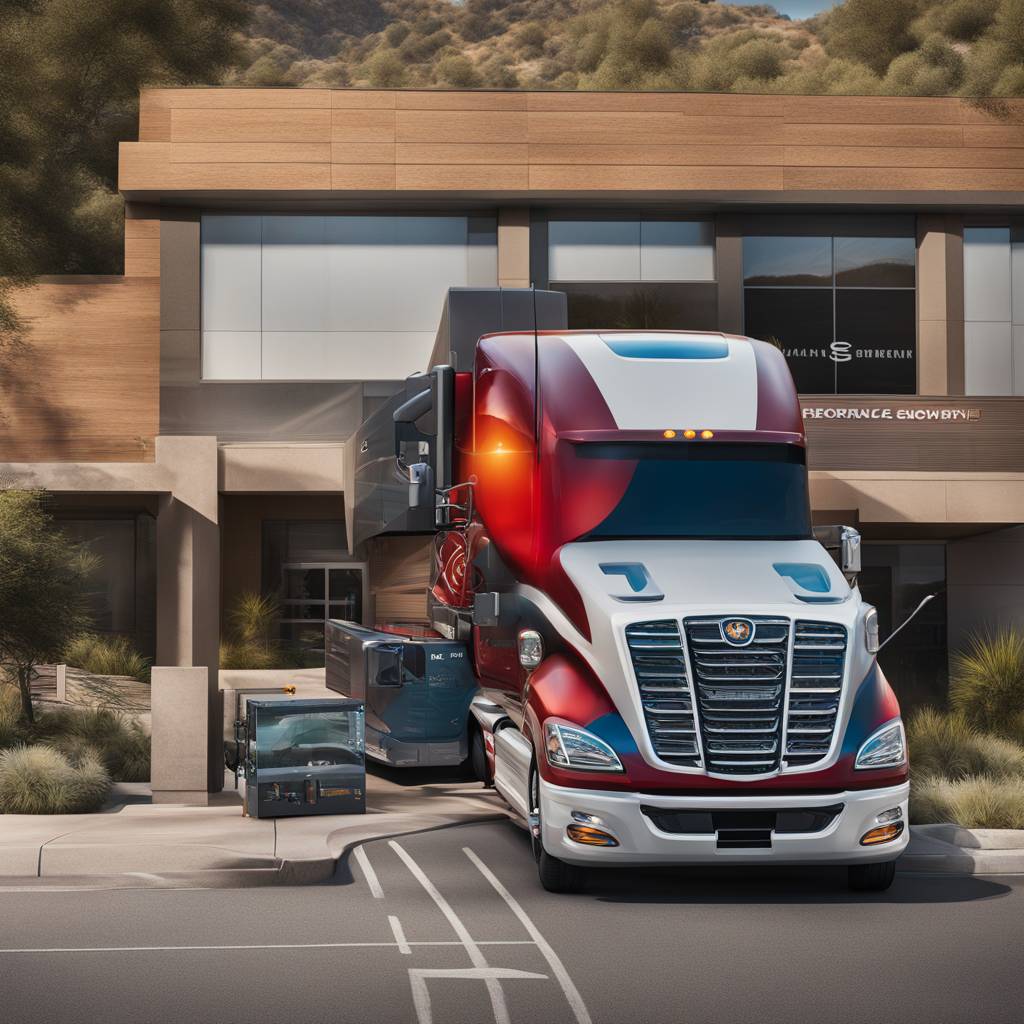The American Free Enterprise Chamber of Commerce, founded in 2022 to combat government regulations, has filed a federal lawsuit against California over its Advanced Clean Fleets regulations. These regulations require trucking companies to transition their fleets from diesel-powered to zero-emission vehicles. Led by former U.S. Attorney General William Barr, the Chamber argues that California’s plan violates the Clean Air Act by not obtaining a waiver from the EPA. They also claim that the mandates are preempted by federal laws and will impose significant costs on the economy and American families.
The lawsuit asserts that the ACF regulations are illegal and threaten free enterprise in the United States. The Chamber’s Center for Legal Action, led by Barr, will continue to challenge climate mandates that they believe are driven by a liberal agenda and harm the American economy. The lawsuit further alleges that California’s regulations are preempted by federal laws, including the Energy Independence and Security Act and the Federal Aviation Administration Authorization Act. The ACF, adopted by CARB in 2023, is considered the most aggressive truck electrification plan in the nation.
Under the ACF regulations, certain fleets are required to transition to zero-emission vehicles by specific deadlines. Short-haul tractor trailers, government fleets, and high-priority fleets must start the transition this year and be fully zero-emission by 2035. High-priority fleets, defined as those with over 50 trucks or managed by companies with at least $50 million in revenue, face stricter guidelines. The rules also target drayage trucks, which transport goods from ports and rail yards, requiring them to be fully zero-emission by 2035.
The ACF rules also mandate that fleets managed by state and local governments must have a certain percentage of zero-emission vehicles by specific dates, ultimately requiring all commercial truck sales to be zero-emission beginning in 2036. Despite environmental benefits, opponents argue that the regulations impose costs and restrictions on businesses and consumers. California’s CARB claims that the ACF regulations will significantly reduce greenhouse gas emissions and improve air quality. However, the Chamber argues that the mandates infringe on individual liberties and stifle economic growth.
While California and CARB have not commented on the pending litigation, the American Free Enterprise Chamber of Commerce remains committed to fighting what they perceive as government overreach. CEO Gentry Collins emphasized that the Chamber’s objection is not against electric vehicles but against government mandates. Electric trucks currently make up a small portion of total truck purchases nationwide, and the higher costs and lower range are concerns for businesses and consumers. Despite differing views on the benefits and drawbacks of the ACF regulations, the legal battle between the Chamber and California will likely continue to unfold in the coming months.













